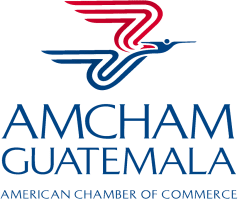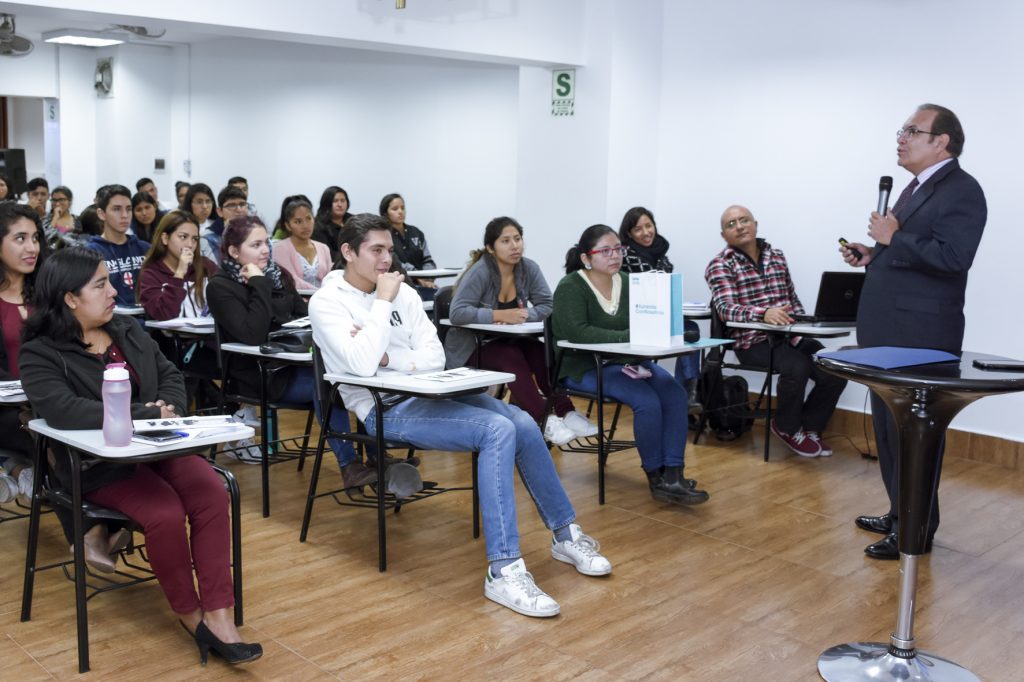Beyond the citizens’ movements of 2015 and the role that the United Nations Commission against Impunity in Guatemala (CICIG, by its Spanish acronym) has played to unravel organized crime and corruption networks, Guatemala has been on a long path that seeks to align itself with the international anti-corruption agenda. It is becoming more and more clear that in order to achieve sustained economic growth, bring investment and be competitive, the key to change lies within institutional strength and public power’s level of social audit. In order to promote this competitive and productive infrastructure, it is relevant and necessary to fight against corruption.
Corruption – the abuse or misuse of power for private purposes – is one of the problems that remain throughout the world, affecting legal certainty and credibility within public institutions. The fact that only a few get benefit through preferences, results in a widespread sense of mistrust affecting a country’s productivity. This mistrust is responsible for keeping institutions weak and unable to function as they should, since the citizen does not see an incentive to demand accountability or participate in fair play; moreover, some find it convenient that the system fails. If we have weak institutions, rules are easier to break, the lack of institutional credibility and disapproval increases and each time we do less to recover them.
This vicious circle of institutional weakness and citizen apathy makes it difficult to achieve sustainable economic growth and development, distorting competition and the free market, since some groups, companies or individuals will be artificially benefited. Moreover, it is a waste of economic and social capital that affects growth and increases inequality and poverty, feeding and reproducing mistrust. As Shleifer and Vishny have suggested, corruption takes the form of a tax on economic activity that becomes even more expensive (and of course harmful) than legal taxes, adding an additional financial cost of approximately 10%.
The most recent Global Competitiveness Index (2017-2018) published by the WEF measures the national competitiveness of 137 economies; that is a group of institutions, policies and aspects that determine the level of productivity. The social infrastructure which includes education, health and political institutions (including fiscal and monetary policies), establish the context in which productive activity takes place. In the last five years, Guatemala has not changed much its rating. It currently ranks 84th, with an index of 4.1, being 7 the highest rank and 1 the lowest . Like most Latin American countries, Guatemala has low productivity, high informality and low export diversification, as well as insufficient growth to create jobs or finance which is a growing demand for quality public goods. Therefore, it is necessary to strengthen their capacity to meet changing international conditions and seek new ways of sustainable growth through a competitive agenda to encourage entrepreneurship and allow the rise of new innovative businesses.
Currently, standard international compliance rules are developing and being applied that force companies to pursue anti-corruption policies in order to remain competitive, strengthen their reputation and protect the interests of their shareholders. Aware of the economic and social impacts of this disruptive behavior, international organizations such as the United Nations Office on Drugs and Crime (UNODC), the Organization for Economic Cooperation and Development (OECD) and WEF continue to promote policies to prevent, detect and control corruption in countries, in order to facilitate their economic development and growth, rather than end up isolating themselves from the new way of exchanging and investing.
The current consensus is now that economic growth, needs to focus more on human well-being, with coordinated action by the state, the business community and civil society. These actors contribute to all aspects of competitiveness at the same time, in order to achieve long-term results, achieving economic policy spaces where all sectors are able to win. The distortions caused by corruption can be effectively addressed through public-private partnerships focusing on strengthening political institutions and providing a counterweight through accountability, performance evaluations and encouragement of pending reforms. Guatemala is, in fact, already engaged in this process of change towards a different way of doing things.
Fight against corruption increases willingness to do business and invest, not the other way around. Economic growth and productivity based on appropriate social and institutional infrastructure improves competitiveness in due time, because legal certainty and social trust is recovered, establishing a new order of incentives that make up a fair play. Under this new scenario, competitiveness contributes towards a wider target of human-focused economic growth, enabling the creation and distribution of resources invested in education, health, security and higher per capita incomes.






